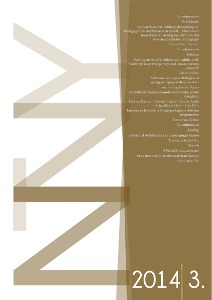Absztrakt
This paper focuses on the conditions of participatory and emancipatory research with people with disability. In the first part of the article, similarities and differences among various inclusive research approaches are described. Methods of action research, participatory research, and emancipatory research are compared and contrasted, with a special focus on participation and empowerment. The second part of the paper includes a discussion of the benefits and challenges of participatory research with typically developing children and with children with special needs. Children and young people, regardless of their disability, like to be involved in decisions about questions and issues of their own life. If research is well planned and strategies are individualized, then participatory research can be successfully used with children with and without special needs. Results from previous research show that children are able to contribute new ideas and creative thoughts to research projects on healthcare, education, technology, and childhood.
